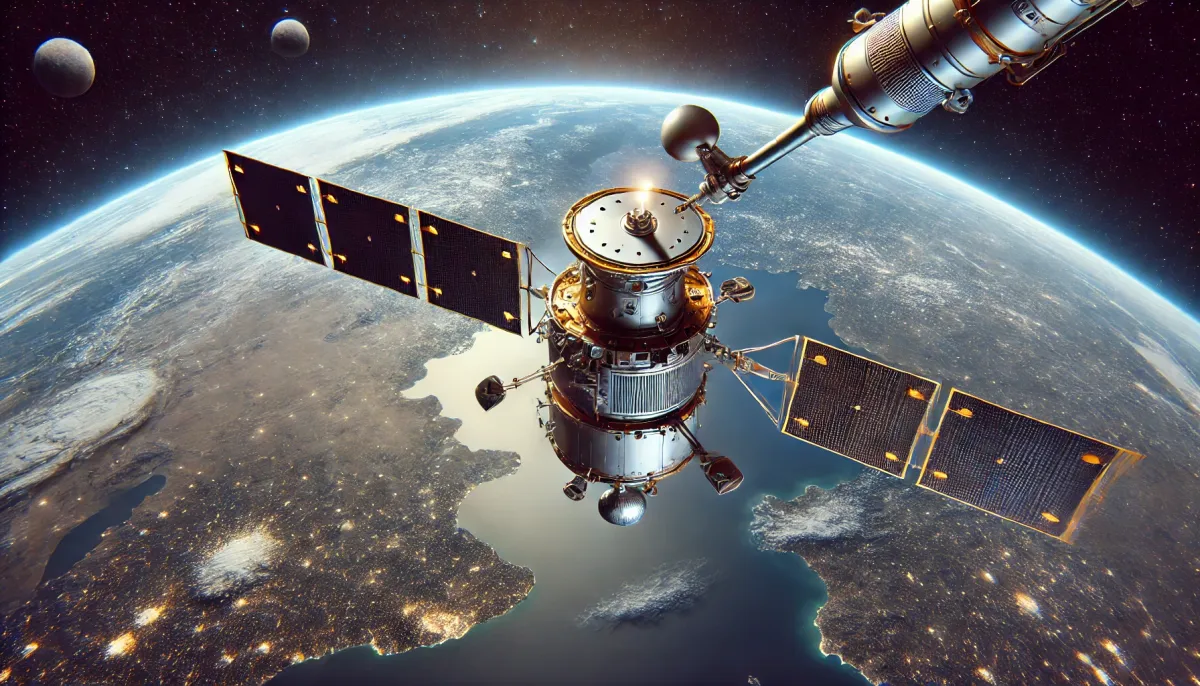Satellites, artificial objects that orbit the Earth or other celestial bodies, have become an indispensable part of modern life. They provide a wide range of services, from communication and navigation to weather forecasting and Earth observation.
Types of Satellites
There are many different types of satellites, each with its own specific purpose:
- Communication Satellites: These satellites relay signals between Earth stations, enabling long-distance communication, television broadcasts, and internet access.
- Navigation Satellites: These satellites provide precise positioning, navigation, and timing services. Examples include GPS, GLONASS, and Galileo.
- Weather Satellites: These satellites monitor the Earth’s atmosphere and provide data for weather forecasting and climate studies.
- Earth Observation Satellites: These satellites observe the Earth’s surface and atmosphere to monitor changes in land use, vegetation, and environmental conditions.
- Scientific Satellites: These satellites are used for scientific research, such as studying the Sun, planets, and stars.
How Satellites Work
Satellites are launched into orbit by rockets and then use their own propulsion systems to maintain their position. They communicate with Earth stations using radio waves. The specific orbit of a satellite depends on its purpose. For example, communication satellites often orbit in geostationary orbits, which means they appear to remain stationary above a fixed point on Earth.
Applications of Satellites
Satellites have a wide range of applications, including:
- Communication: Satellites enable long-distance communication, including telephone calls, television broadcasts, and internet access.
- Navigation: Navigation satellites provide precise positioning, navigation, and timing services, which are used by a variety of industries, including transportation, agriculture, and surveying.
- Weather Forecasting: Weather satellites monitor the Earth’s atmosphere and provide data for weather forecasting.
- Earth Observation: Earth observation satellites monitor the Earth’s surface and atmosphere to track changes in land use, vegetation, and environmental conditions.
- Scientific Research: Scientific satellites are used for a variety of research purposes, such as studying the Sun, planets, and stars.
Satellites have revolutionized the way we live and work. They provide essential services that we rely on every day, from staying connected with loved ones to navigating to our destinations. As technology continues to advance, we can expect to see even more innovative and capable satellites in the future.
